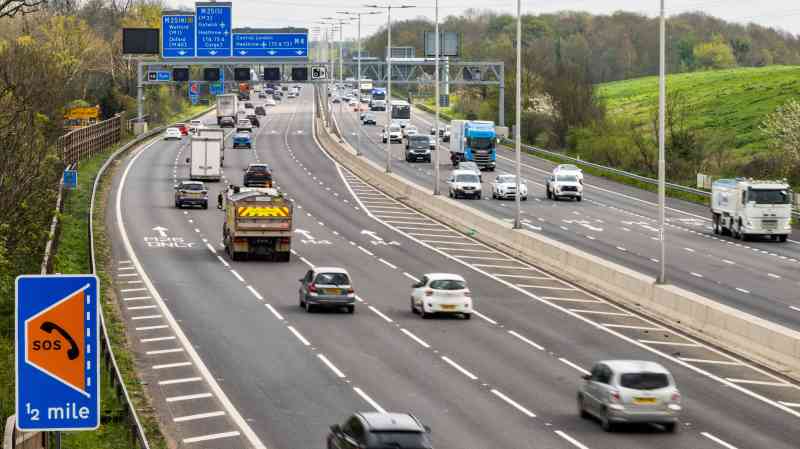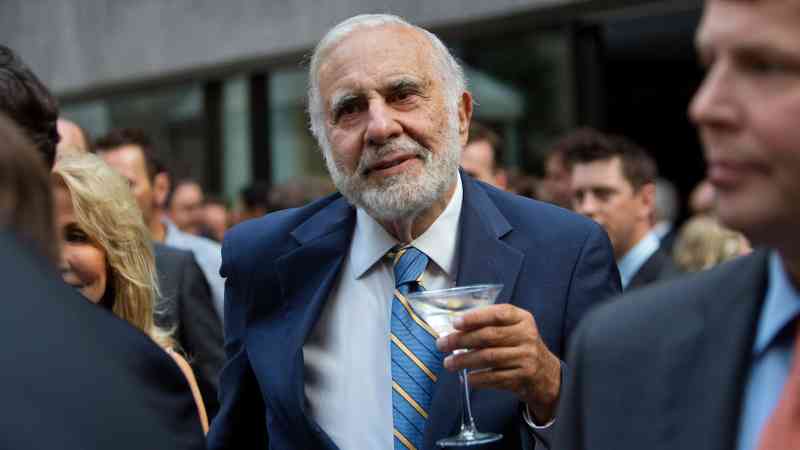Smart motorway safety technology frequently breaks down
Technology that is aimed at keeping drivers safe on smart motorways frequently stops working, an investigation has found.
There have been hundreds of incidents when safety equipment was out of action in recent years, figures obtained by the BBC’s Panorama programme show.
Edmund King, the AA president, said the failures were “every driver’s worst nightmare” and called for hard shoulders to be reinstated on all smart motorways where they have been removed.
National Highways insists that the evidence shows all types of smart motorways are safer than conventional motorways in terms of deaths or serious injuries, and a series of safety improvements have been made since 2021.
Some 193 miles of all-lane running (ALR) smart motorways — which use the hard shoulder as a permanent live traffic lane — were built in England to increase capacity at a lower cost than widening roads.
There have been long-standing safety concerns after fatal incidents in which vehicles stopped in live lanes were hit from behind.
Camera and radar systems have been deployed in an attempt to spot stranded vehicles, but figures obtained by Panorama in response to a Freedom of Information request show there were 397 incidents of power outages on smart motorways between June 2022 and February 2024.
Examples of safety technology being cut off for several days include no signs, signals, camera or radar at junction 18 on the M6 for five days in July 2023; no signs, signals or CCTV at junction 22 on the M62 for five days in September 2023; and no signs, signals, sensors or CCTV at junction 6 on the M5 for three days in December 2023.
The longest power failure was at junction 14 on the M4, where there were no signals or sensors for 11 days. There were 174 power outages in the six months to February, equivalent to nearly one every day.
King said: “We have been exposing the dangers of smart motorways for more than a decade and have made representations to more than a dozen transport secretaries and ministers. Four fifths of our members tell us that they want smart motorways scrapped and the hard shoulder reinstated.
“Now is the time to stop this failed experiment. Efforts have been made to retrofit safety at great expense, but you can never fully correct such a flawed design. We are calling on all political parties to abolish smart motorways.
“The Panorama investigation questions what happens when the technology fails, which is every driver’s worst nightmare.”
A National Highways report published in December last year revealed that smart motorways without a hard shoulder were three times more dangerous to break down on than those with an emergency lane.
The number of people killed or seriously injured after a stopped vehicle was hit by a moving vehicle was 0.21 per 100 million vehicle miles travelled on ALR smart motorways between 2017 and 2021. That compares with 0.07 on controlled smart motorways, which have variable speed limits but retain a hard shoulder, and 0.10 on conventional motorways.
Rishi Sunak cancelled all planned smart motorway projects in April last year, citing financial pressures and a lack of public confidence in the roads.




Post Comment